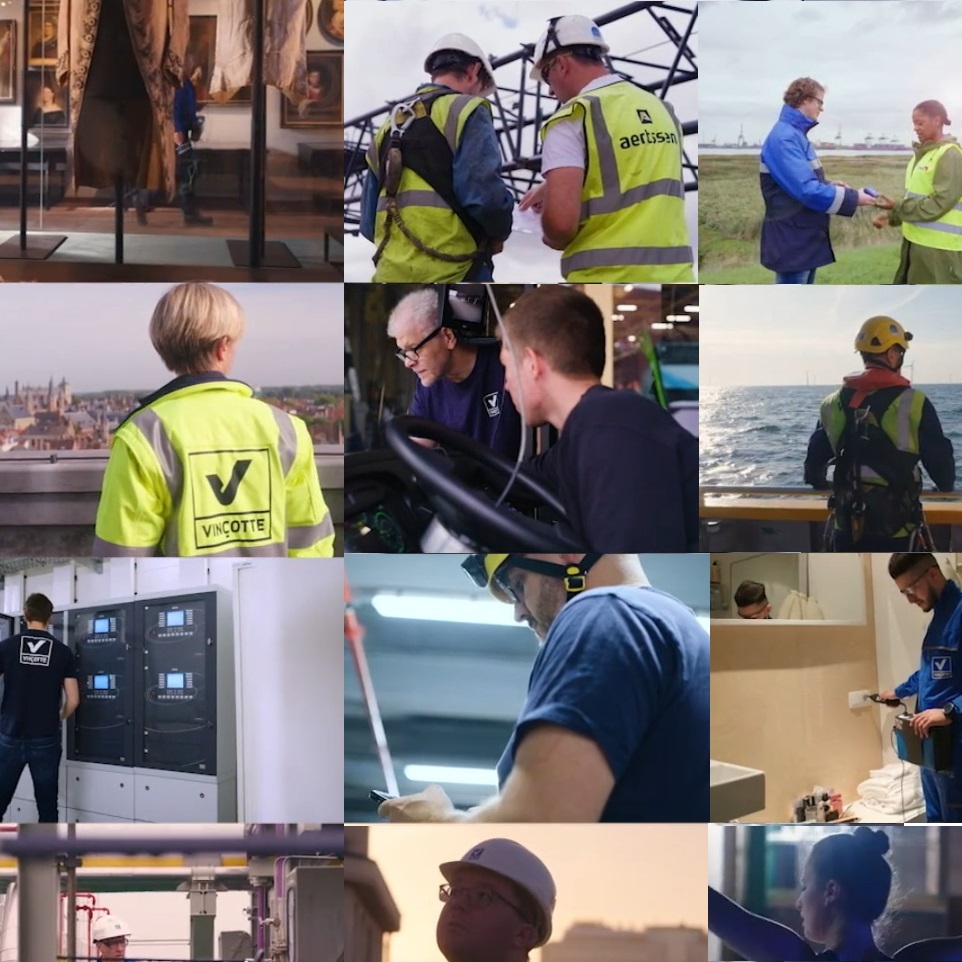Vinçotte news blog
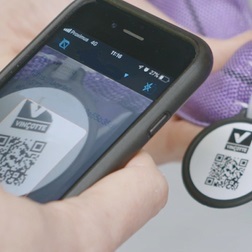
There are few sectors where as many audits take place as in the pharmaceutical sector. This is also the case at Janssen with both internal and external audits. In fact, auditors are almost constantly present at the various sites. An audit often involves requesting inspection reports of assets and examining asset management processes. This is why Janssen decided to implement Vinçotte Digi-Tags.
Read more
Advanced inspection techniques and Remote visual inspection (RVI) techniques such as drones & robots produce a large amount of data. By creating a digital twin of your critical equipment, incorporating a digital inspection plan, enabling advanced & less intrusive inspection techniques Vinçotte changed the vision on testing and inspections.
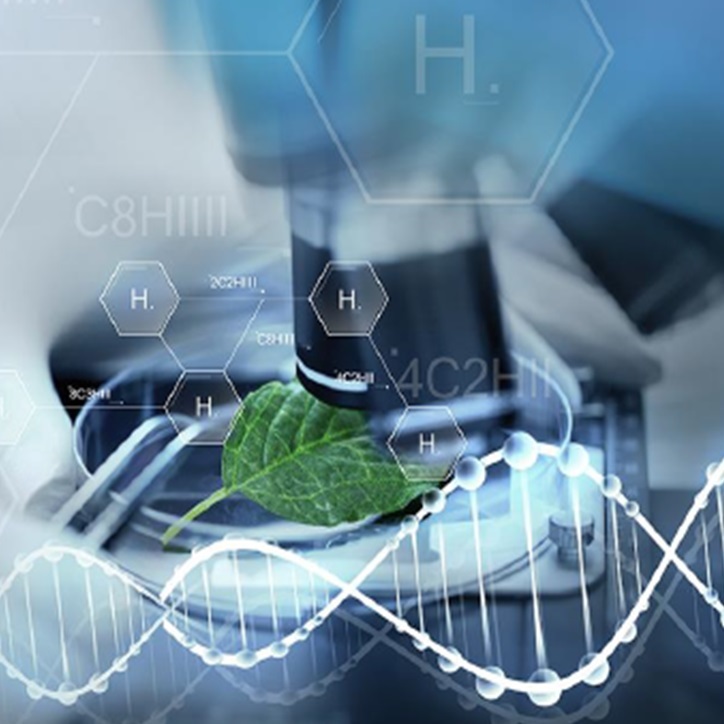
Because of the Green Deal, more and more customers and governments will be asking for proof of how sustainable their activities are. And the ways in which you have to demonstrate this are increasingly set out in regulations. The European framework is also evolving for hydrogen.
Read more
Hydrogen, compared to natural gas, has a number of properties that make it more dangerous. So, a risk analysis is extremely important. Given the high risk, all scenarios where something can go wrong should be considered and covered.
Read more
Vinçotte supports companies in drawing up an environmental permit application and in preparing and elaborating studies preceding that application. These include an environmental safety report or supplementary environmental and safety studies.

Now that the Belgian competition authorities have given their approval, Vinçotte is officially part of the Kiwa group.
Read more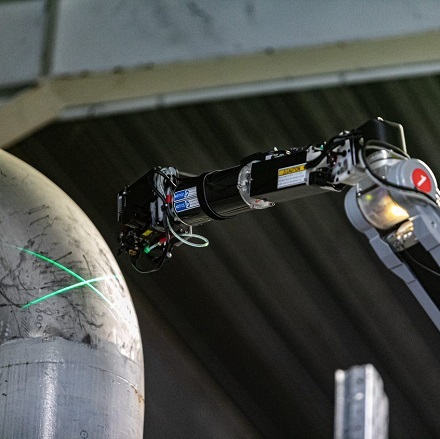
After a break for obvious reasons, we are organising a new Industry Day this year where you can discover all the new NDT techniques.
Read more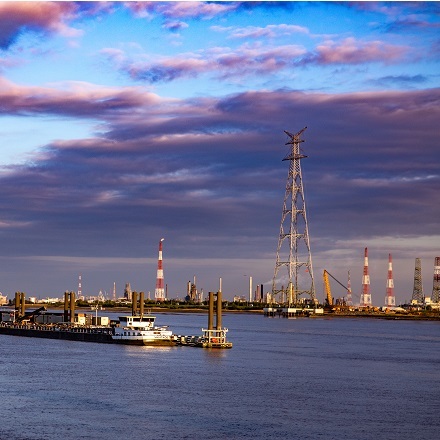
To better answer your questions and challenges and to work proactively with you towards a safer and more efficient future, a new Business Unit is being set up at Vinçotte in which we combine the strengths and knowledge of our EOP (Energy & Other Process Industries) division with those of our PCP (Petro Chemicals & Pharmaceuticals) division and integrate all our (A)NDT activities into one new Business Unit.


